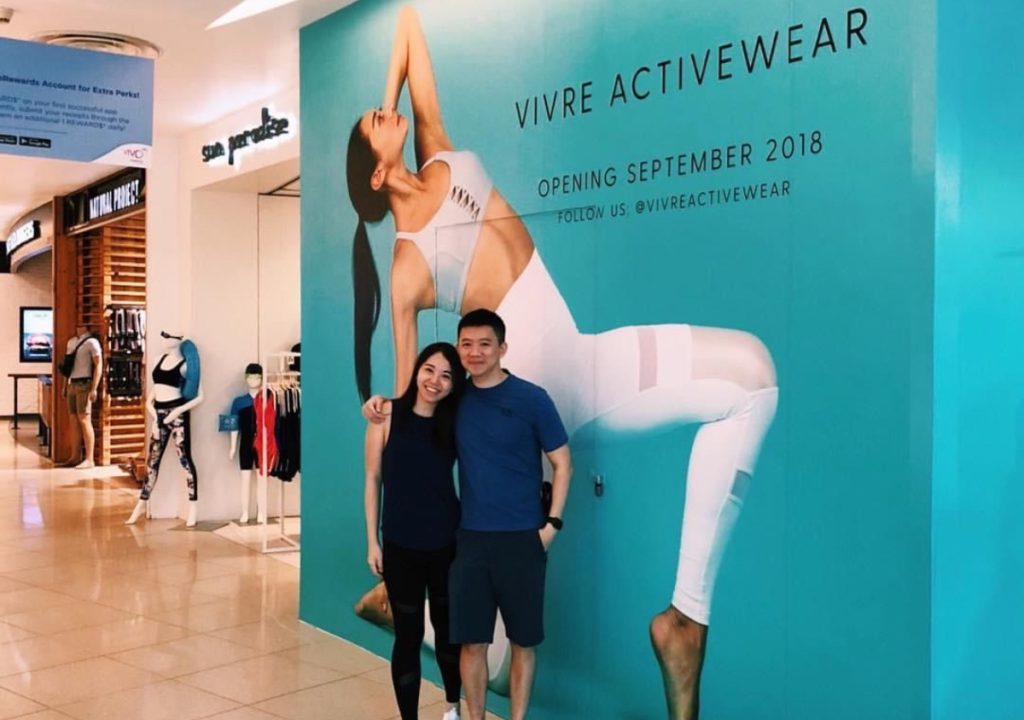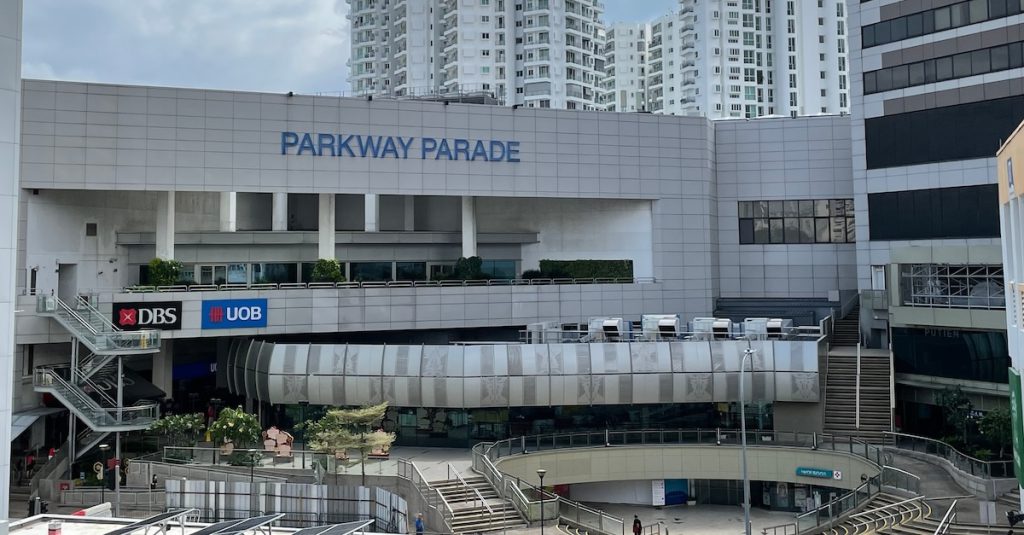Parkway Parade mall has faced a series of tenant departures since 2024.
Just yesterday (February 16), British retailer Marks & Spencer closed its outlet after over two decades amid rising rental costs and concerns about decreasing foot traffic, The Straits Times reports.
A spokesperson told the publication that the departure is part of an “ongoing effort” to refine its store portfolio and focus on key locations and the online business in Singapore.
While they did not confirm the number of employees affected, the retailer has expressed its commitment to support all affected staff. “This includes offering opportunities for redeployment to other stores or roles, where possible, as well as providing resources and assistance.”
At least seven other tenants have also vacated the 42-year-old mall at Marine Parade since 2024.
These include Malay kueh stall Ole Ole, which first set up shop at the mall more than 30 years ago, Singaporean restaurant chain Putien, convenience store 7-Eleven, Dyson’s demo store, restaurant Treasures Yi Dan Xin and Gadget Solutions.
Why are they leaving?
More than one of Parkway Parade’s tenants has cited rental increases as a key factor behind their closure following the opening of the Marine Parade MRT station on the Thomson-East Coast Line in June 2024.
Unfortunately, this was the case for Gadget Solution, which closed its shop after its lease expired in January 2025. According to its owner, Xu Hwa Heng, the monthly rent increased by 30% to S$14,000.
Even after the MRT started operation, I didn’t see a rise in footfall. Now, with the basement entrance facing my shop closed (to facilitate the construction of the linkway), my business would have suffered. It would be hard for me to survive if I had to pay such high rent.
Xu Hwa Heng, owner of Gadget Solution, speaking to The Straits Times on ending his shop’s nine-year tenure at Parkway Parade
Responding to The Straits Times‘ queries, Jenny Khoo, the head of retail and workspace management at the mall’s management Lendlease, said rental adjustments take into account factors such as market demand, tenant performance and overall economic conditions.
“Responding to changing market preferences, Lendlease aims to strike a balance between supporting long-time tenants and ensuring the mall remains vibrant and competitive, with a tenant mix that caters to the evolving needs of shoppers,” she said, without confirming the extent of the rental hikes reported by tenants.
Some retailers at Parkway Parade have seen an uptick in foot traffic after the opening of the MRT station, but even then, they have reportedly not experienced a corresponding increase in sales.
The ongoing construction of an underground linkway to Marine Parade station from the mall’s basement, due to be completed in 2027, is also expected to further affect these businesses.
Downsizing may not be a bad move
On the other hand, some of Parkway Parade’s tenants have chosen to downsize their operations and move to smaller units—which was what Nanyang Optical did after it moved from its original unit of 40 years at the mall’s basement to a smaller one on the same floor in June 2024.
Contrary to popular belief, downsizing business operations is not necessarily a backward move—as mall tenants face high rentals and inconsistent footfall, many are re-evaluating their strategies to stay competitive.
Take it from Singaporean activewear brand Vivre Activewear.

Originally an e-commerce brand, Vivre opened its first retail outlet at Far East Plaza several months after its debut and invested “several hundred thousand dollars” to launching five more outlets, delivery vans and warehouses.
This allowed the brand to achieve net annual revenues of S$1.9 million in 2020 and 2021. However, sales started to dip as more brands emerged, and the business barely broke even on average.
With high rental and manpower costs—amounting to approximately S$30,000 per store, according to the brand’s co-founder—it became “impractical” for Vivre to maintain its brick-and-mortar stores. As a result, the brand has since shuttered all of its outlets to focus on maintaining profitability through its e-commerce operations.
A business doesn’t have to continually grow to be deemed good or sustainable. Downsizing or right-sizing shouldn’t be perceived as a backwards move—the core focus should always be on delivering quality products or services.
Sylvia Lim, co-founder of Vivre Activewear
This serves as food for thought for other entrepreneurs, especially as rental costs might continue rising.
- Read more articles we have written on Singaporean businesses here.
Featured Image Credit: Shazwany / Shutterstock.com










